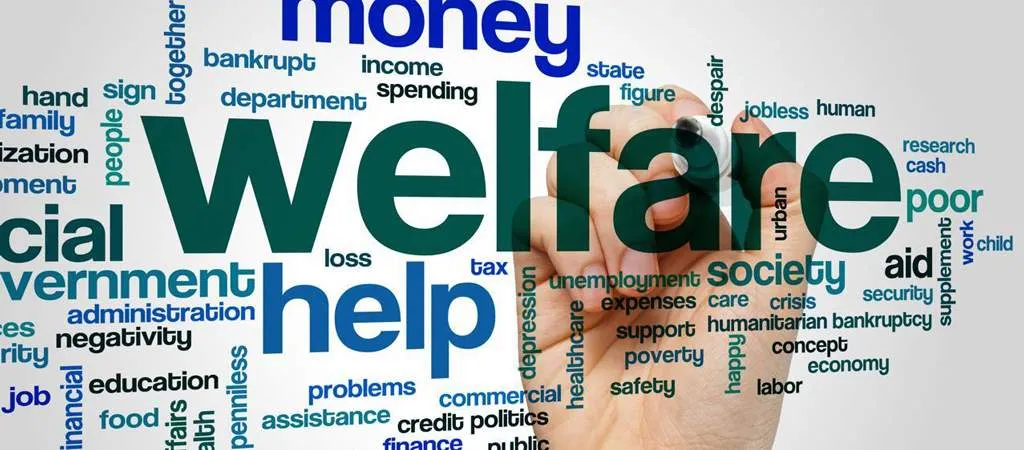Table of Contents
When National became government in 2008, Finance Minister Bill English’s determination to understand the extent of benefit-dependency led them to commission Taylor Fry to produce annual actuarial reports. These were duly published at the MSD website every year but ceased when the government changed in 2017. Now however, an Official Information request by the NZ Herald has revealed that the reports actually continued – only their publication ceased.
In my columns, I have referred repeatedly to the worsening depth of dependency using the sole measure available – one solitary statistic published in MSD’s annual reports not typically subject to public scrutiny.
So while I am not shocked by the content of the latest Taylor Fry report, the detail is staggering.
According to The Herald:
“… recipients of the main Jobseeker payment [are] now expected to spend an average of 13 years on a benefit.”
“Sole Parent Support clients are projected to spend an average of 17 working-age years on a benefit (up from 12.5 years in 2019), but the upper quartile of this group – about 18,700 people – are expected to spend more than 25 years in the system.”
“…about 2000 teens on the Youth Payment or Young Parent Payment [are] now expected to spend an average of 24 working-age years on a benefit – a 46 per cent increase from the 2019 estimate. About 500 of them are expected to be on income support for more than 38.5 years, almost the rest of their working lives.”
Against a scenario of “record low unemployment” – which Labour leader Chris Hipkins campaigned vigorously on – these increases are unfathomable. Unless one weighs up the amount that benefit incomes have increased by over the same period.
Unsurprisingly paying people more not to work means they stay on welfare longer. A child could figure that out.
That was compounded by a raft of actions which included diverting case managers away from an employment focus to checking beneficiaries were receiving their full and correct entitlements; abolishing early work requirements for sole mothers who added a subsequent child to an existing benefit; temporarily suspending medical certificate requirements and the annual jobseeker reapplications; significantly reducing the use of sanctions to enforce work obligations; and generally fostering a sense of entitlement due to gender and race victimhood.
In response to the discovery of the reports, former MSD minister Carmel Sepuloni says she did not recall being briefed on the research by officials.
She then had the utter gall to state:
“What these trends show are an absolute need to create and maintain sustainable pathways to employment … National have talked a big game in opposition and now they need to show us their plan to get people into work.”
“These trends” are the direct result of bad policies implemented by Sepuloni who then kept their devastating impact hidden.
Though it shouldn’t be Sepuloni primarily carrying the can. It was the Prime Minister, Jacinda Ardern who appointed Cindy Kiro to lead a bunch of leftist academics and activists to produce the most ill-advised welfare policy recommendations imaginable, many of which were implemented.
Ardern’s unique brand of ‘kindness’ morphed quickly into cruel incompetence.
As Taylor Fry’s analysis apparently suggests, people on benefits tend to have more precarious family, living and financial situations with worse life satisfaction and more contact with police and mental health services than they otherwise would.
Crucially, the longer people stay on welfare, the harder it is to get off.









